Adopt Greener Business Practices In 2023 With These 7 Tips
In 2021, more than 2,000 small businesses responded to a survey that measured perception on inflation, the United States economy, and other business practices. Of those respondents, a combined 72% indicated that sustainability was either very important or extremely important to the future of the economy.
Similar sentiments seem to be expressed by larger corporations as well. According to a 2022 article released by The World Economic Forum (WEF), 90% of executives also believe that sustainability is important.
WEF found that where businesses tend to fall flat, however, is in the implementation of strategies that ultimately reduce their carbon footprints. It was revealed that only 60% of organizations carry out sustainability strategies in the workplace.
The National Energy Improvement Fund (NEIF) helps businesses Go Greener, Affordably by providing trusted financing for upgrades that support more energy-efficient, comfortable, and strong commercial buildings and properties.
In honor of Earth Month this year, we’ve provided you with several tips that your business — no matter how big or small — can adopt to make strides toward a greener future.
How to Go Greener in the Workplace
- Install LED lighting.
If you haven’t made the switch already, LED lighting lasts 15 times longer than traditional bulbs — producing the same brightness, but using 90% less energy. Lighting improvements can be supported through NEIF’s commercial financing, if performed through an NEIF-Approved Contractor. Learn more here! - Go paperless.
Americans discard enough paper and wood per year to heat 50,000 homes for 20 years, according to data collected by St. Charles County in Missouri. Exchange paper handouts and mailings for a digital approach that works for both internal and external communications. - When you do have to print, use remanufactured ink and toner cartridges.
By using ink and toner cartridges that have been recycled and remanufactured, your office can help keep plastic out of landfills and reduce the amount of carbon dioxide emitted into the atmosphere. - Level up your in-office recycling program.
It’s likely that your office already recycles paper and plastic, but consider also implementing a program that includes other materials such as glass and metals. At NEIF’s headquarters in Allentown, PA, employees are encouraged to recycle even old batteries! - Ensure proper maintenance — and efficiency — of your commercial HVAC system.
Around 40% of a commercial building’s total energy usage derives from the HVAC system in place. Installing a high-efficiency system with the help of an NEIF-Approved Contractor is our trusted recommendation for reducing energy consumption along with monthly energy costs. - Host (and attend) virtual conferences and webinars, when possible.
Since its emergence, the Covid-19 pandemic has affected the landscape of business conferences and other gatherings at large. In fact, researchers at Cornell found that hosting a global professional conference online, versus in-person, reduces the footprint of that event by 94%. - Clean with greener products.
The U.S. Environmental Protection Agency (EPA) reports that many ingredients in conventional cleaning products are slow to biodegrade, and can further biodegrade into chemicals that are harmful to the environment (i.e. aquatic life, water quality, etc.). Find safer — and greener — alternatives using the EPA’s Safer Choice product search tool.
As the nation’s only Certified B Corp specializing in energy efficiency lending, NEIF empowers both business owners and residential customers as they make the decision to Go Greener. For more information regarding our trusted and transparent options for commercial financing, click here.
Sources: Cornell.edu, ENERGY STAR, LaserCycle USA, QuickBooks, St. Charles County, United States Environmental Protection Agency, World Economic Forum



